Scenes from Gardiner, ME





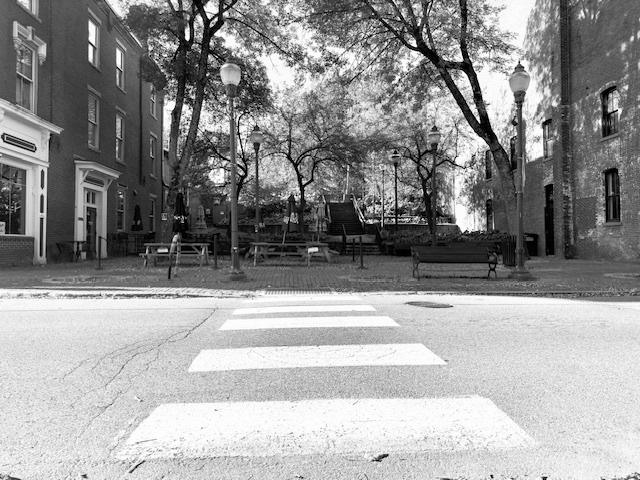





Scenes from Gardiner, ME











My daily life always feels like a riddle that I haven’t cracked. … The simple fact is that I don’t have to go anywhere at all in order to feel that nothing makes sense, that nothing is as I expected it to be. I am confronted by so much novelty just in being alive that I am dependent on routine to nail any of it in place, and then those routines can stand endless tinkering, to make room for me to learn more and more, so that the world won’t seem so incomprehensible—that old illusion. Of course, learning more just illuminates further the infinity that you don’t know.
What a fantastic essay from Phil Christman. So much more here than the title implies, even if the conclusion is clear from the start.
“Here I am, having an epiphany in the middle of my silly quotidian life… I am realizing something obvious—that the quality of attention we bring to things is more important than the freshness of the things we bring attention to.”
Obviously a contender for the best book title in the history of book titles
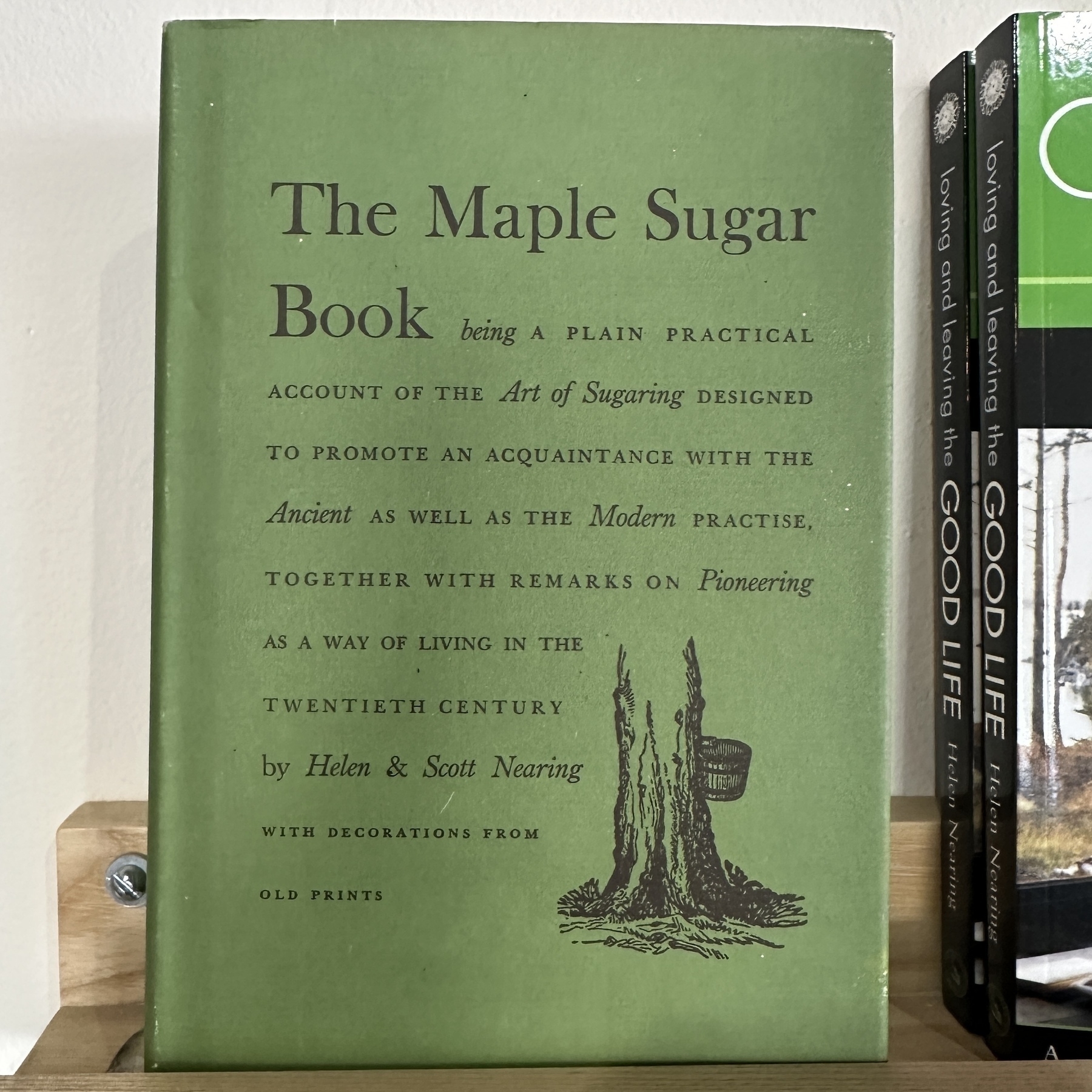
Some mixed signals today…
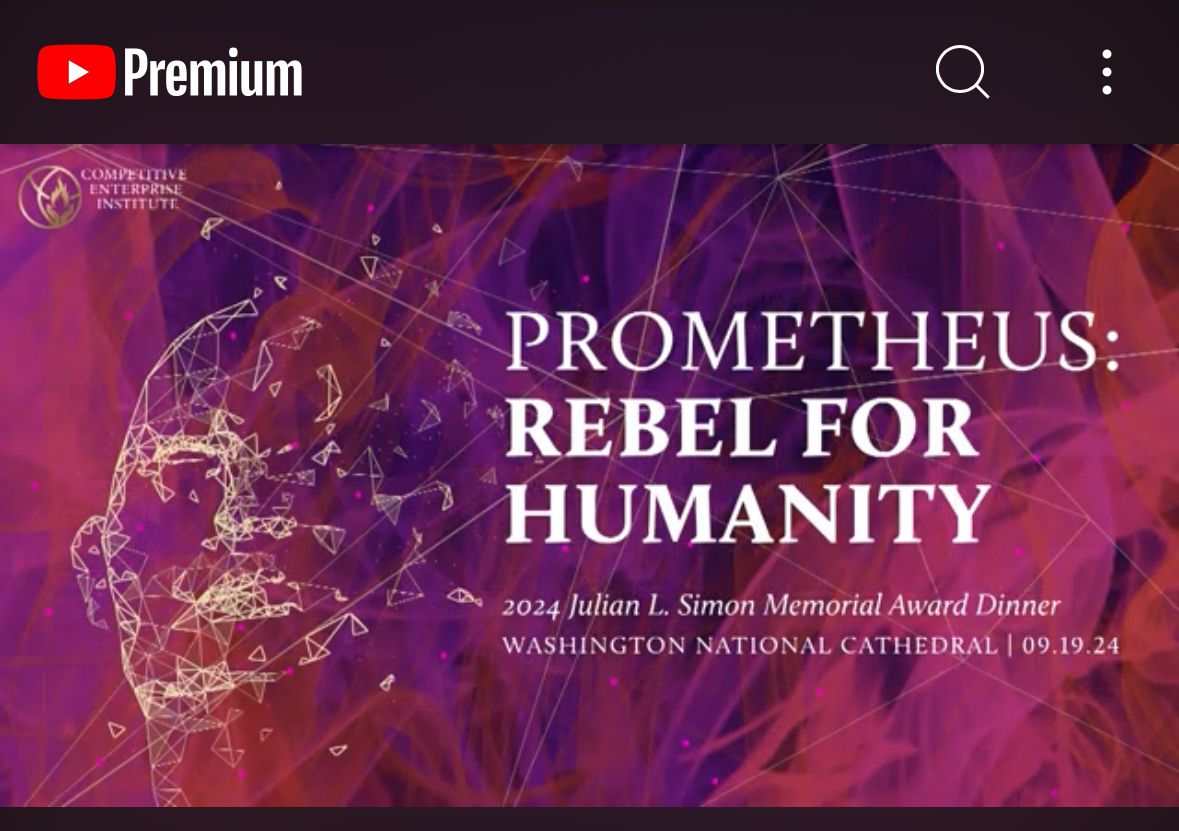
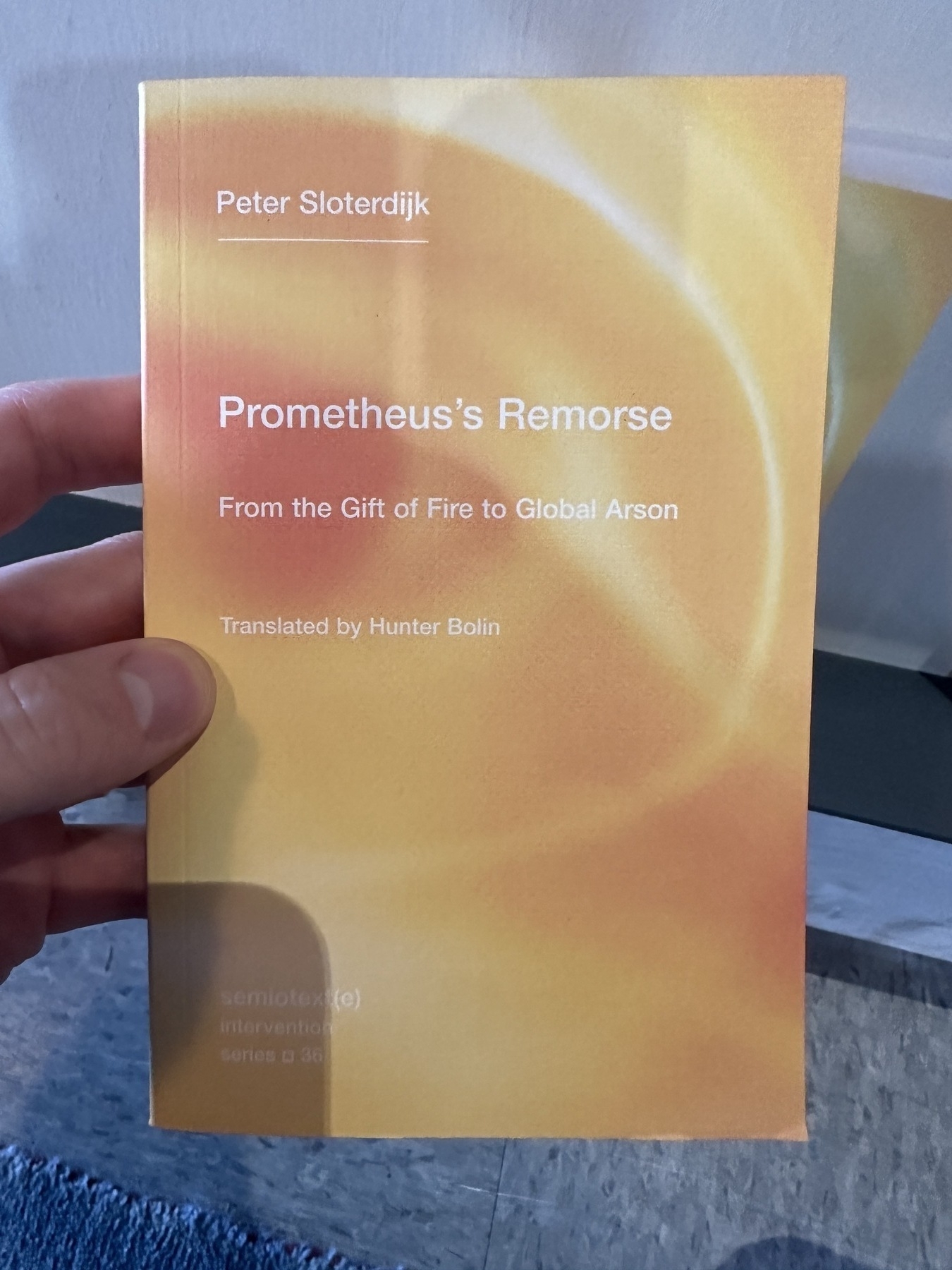
Biscay Orchards

Kitchen Chalk Talk • I do love a good quote juxtaposition
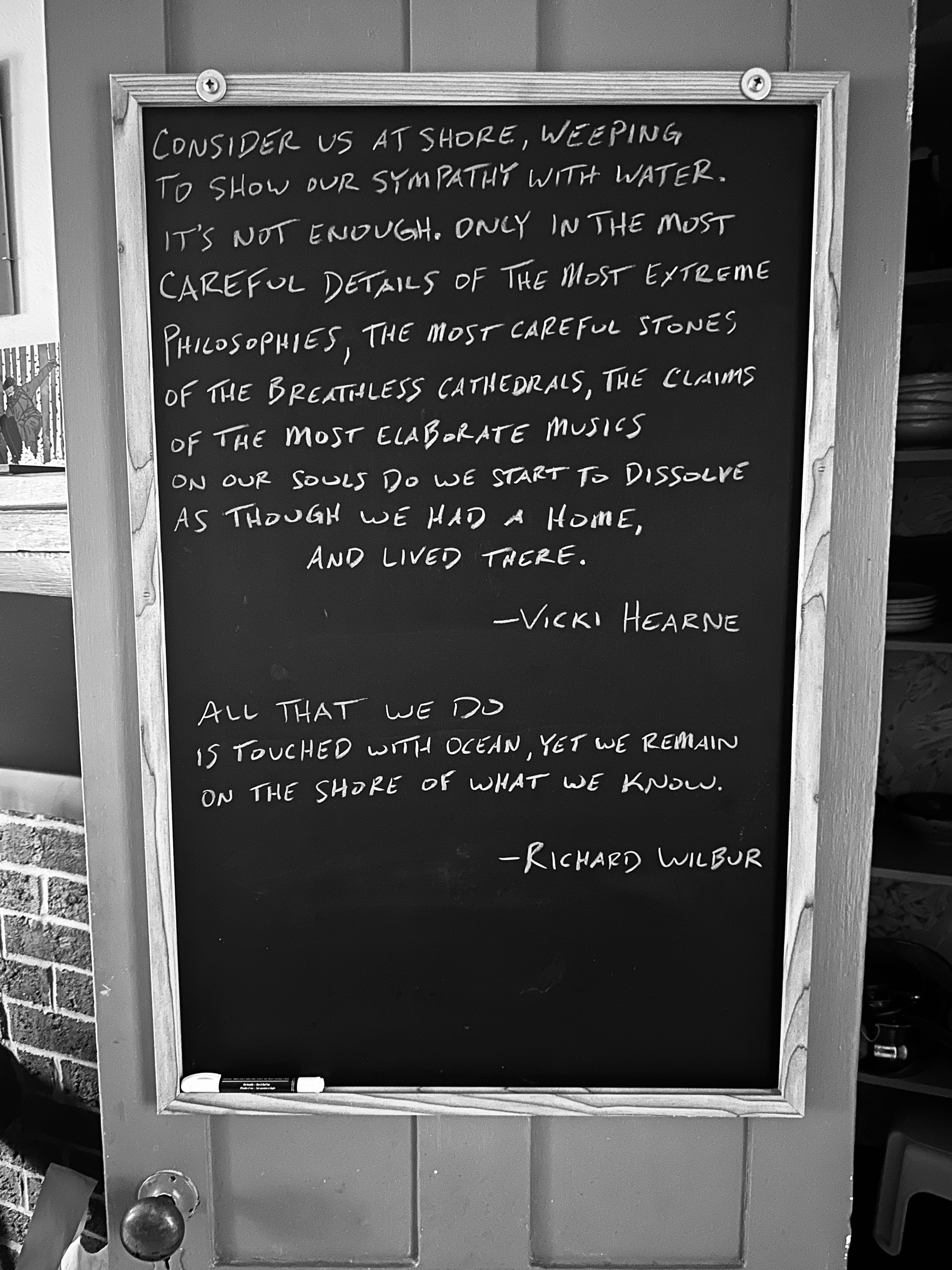
After some enjoyably heated beer-debate this afternoon, a friend reminded me of one of the simplest things: “It’s nice to agree and disagree on things with people you know.”
🍻
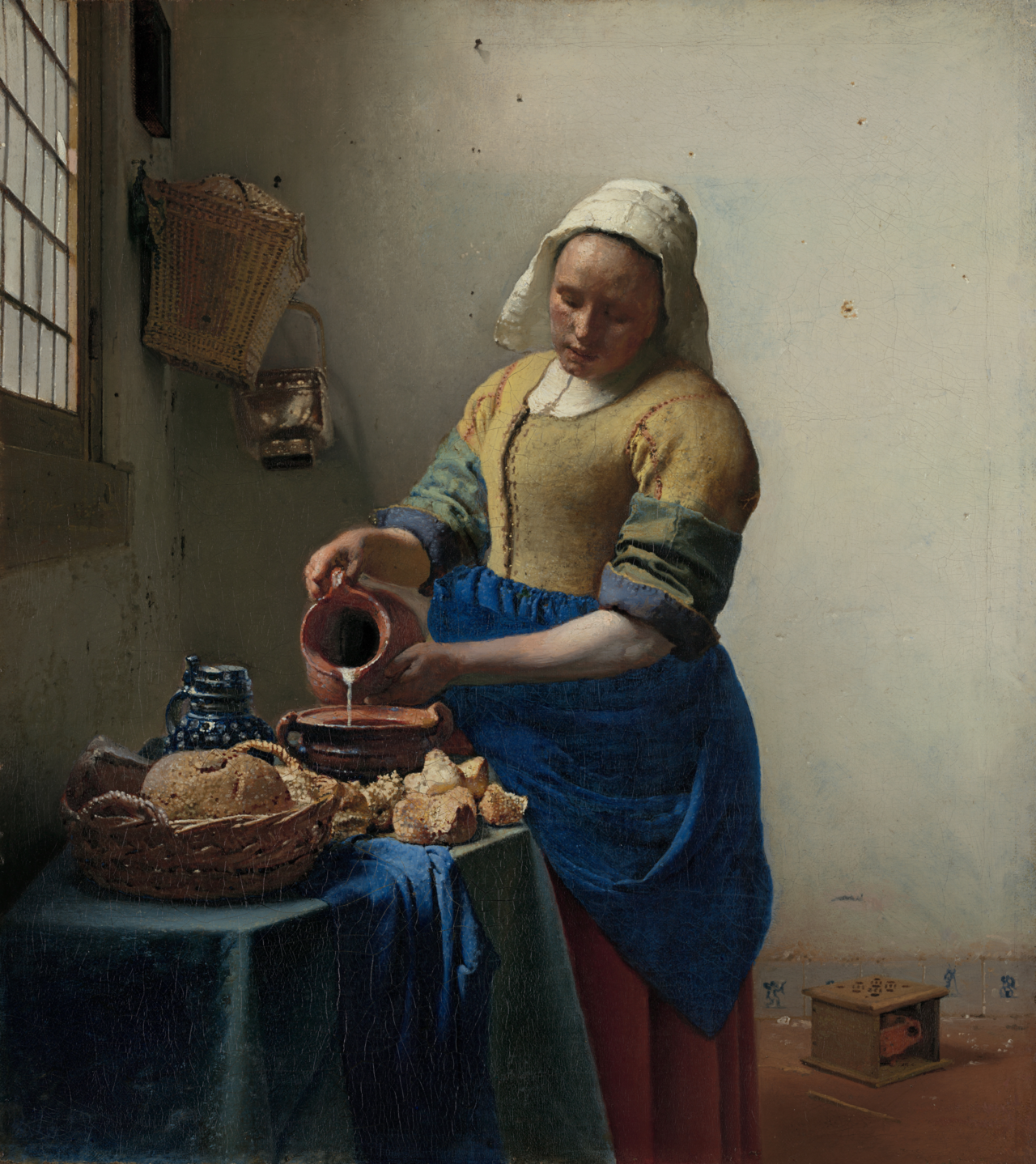
The Milkmaid by Johannes Vermeer
• • •
“Vermeer” by Wisława Szymborska:
So long as that woman from the Rijksmuseum
in painted quiet and concentration
keeps pouring milk day after day
from the pitcher to the bowl
the World hasn’t earned
the world’s end.

Currently Reading: The Rigor of Angels by William Egginton 📚
Splendid, so far! I’m not sure how well this will follow Egginton’s narrative, but at several points I’ve been reminded of Jonathan Pageau’s 2014 post “Most of the Time the Earth Is Flat,” which was such a great source of conversation once upon a time.
It is not only the physical gesture of looking at the world through a machine that demonstrates the radical change, though this is symbolic enough, but it is the very fact that people would do that and come to the conclusion that what they saw through these machines was truer than how they experienced the world without them.
Though I’m hesitant to use this analogy, sometimes Substack subscriptions are like those surprise books I find on my shelf. Once in a while, something excellent pops up in the subscription feed that I don’t even remember subscribing to.
Like this one from Peco and Ruth Gaskovski, on the “flavors of faux history” in the digital world. And it justifies the analogy, because their ultimate advice is to start building your own library!
